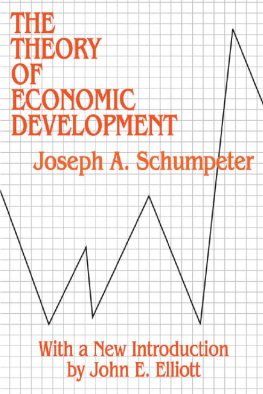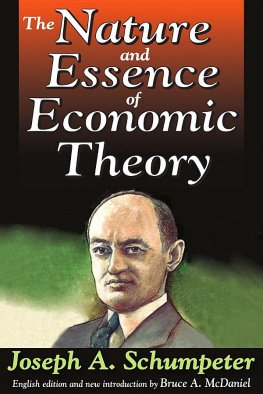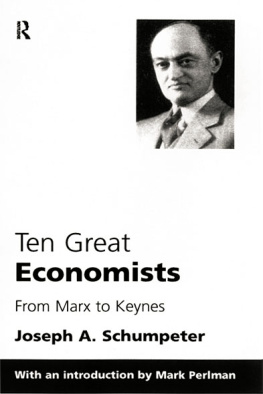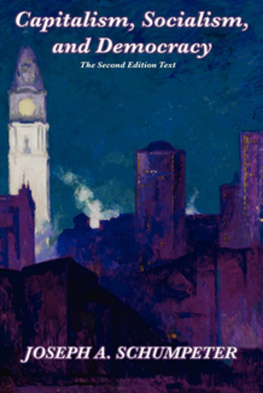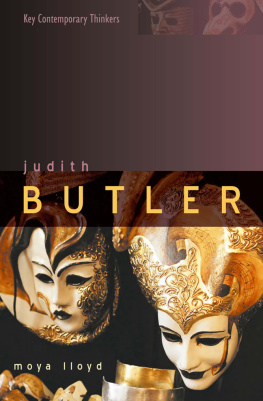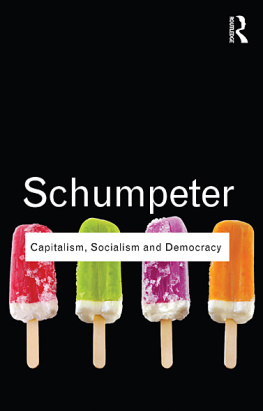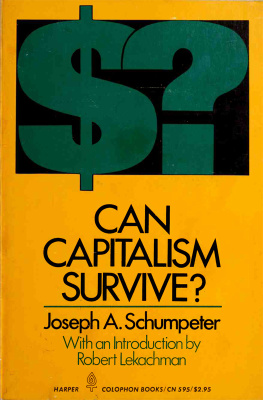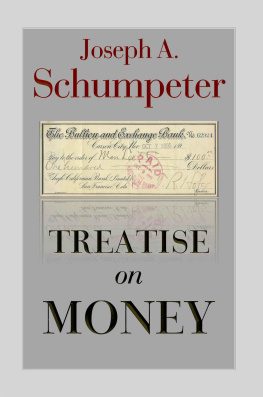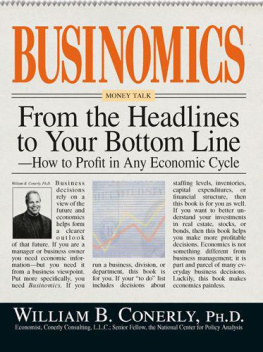THE THEORY OF ECONOMIC DEVELOPMENT
CHAPTER I
THE CIRCULAR FLOW OF ECONOMIC LIFE AS CONDITIONED BY GIVEN CIRCUMSTANCES
T HE social process is really one indivisible whole. Out of its great stream the classifying hand of the investigator artificially extracts economic facts. The designation of a fact as economic already involves an abstraction, the first of the many forced upon us by the technical conditions of mentally copying reality. A fact is never exclusively or purely economic; other and often more important aspects always exist. Nevertheless, we speak of economic facts in science just as in ordinary life, and with the same right; with the same right, too, with which we may write a history of literature even though the literature of a people is inseparably connected with all the other elements of its existence.
Social facts are, at least immediately, results of human conduct, economic facts results of economic conduct. And the latter may be defined as conduct directed towards the acquisition of goods. In this sense we also speak of an economic motive to action, of economic forces in social and economic life, and so forth. However, since we are concerned only with that economic conduct which is directed towards the acquisition of goods through exchange or production, we shall restrict the concept of it to these types of acquisition, while we shall leave that wider compass to the concepts of economic motive and economic force, because we need both of them outside the narrower field within which we shall speak of economic conduct.
The field of economic facts is thus first of all delimited by the concept of economic conduct. Everyone must, at least in part, act economically; everyone must either be an economic subject (Wirtschaftssubjekt) or be dependent upon one. As soon as the members of social groups become occupationally specialised, however, we can distinguish classes of people, whose chief activity is economic conduct or business, from other classes in which the economic aspect of conduct is overshadowed by other aspects. In this case, economic life is represented by a special group of people, although all other members of society must also act economically. The activity of that group may then be said to constitute economic life, ov, and saying this no longer implies an abstraction, in spite of all the relations of economic life in this sense to other vital manifestations of the people.
As of economic facts in general, so we speak of economic development. The explanation of it is our object here. Before we turn to our argument, we shall provide ourselves in this chapter with the necessary principles, and familiarise ourselves with certain conceptual devices, which we shall need hereafter. Besides, what follows must be provided, so to speak, with cogs to grip the wheels of received theory. The armor of methodological commentaries I renounce completely. In this connection let it only be observed that what this chapter offers is indeed part of the main body of economic theory, but in essentials requires nothing from the reader that needs special justification to-day. Further, since only a few of the results of theory are necessary for our purpose, I have gladly used the proffered opportunity to convey what I have to say as simply and non-technically as possible. This involves the sacrifice of absolute correctness. I have, however, decided on such a course wherever the advantages of more correct formulation lie in points which are of no further importance for us. In this connection I refer to another book of mine.
When we inquire about the general forms of economic phenomena, about their uniformities, or about a key to understanding them, we ipso facto indicate that we wish at that moment to consider them as something to be investigated, to be sought for, as the unknown; and that we wish to trace them to the relatively known, just as any science deals with its object of inquiry. When we succeed in finding a definite causal relation between two phenomena, our problem is solved if the one which plays the causal rle is non-economic. We have then accomplished what we, as economists, are capable of in the case in question, and we must give place to other disciplines. If, on the other hand, the causal factor is itself economic in nature, we must continue our explanatory efforts until we ground upon a non-economic bottom. This is true for general theory as well as for concrete cases. If I could say, for example, that the phenomenon ground-rent is founded upon differences in the qualities of land, the economic explanation would be completed. If I can trace particular price movements to political regulations of commerce, then I have done what I can as an economic theorist, because political regulations of commerce do not aim immediately at the acquisition of goods through exchange or production, and hence do not fall within our concept of purely economic facts. Always we are concerned with describing the general forms of the causal links that connect economic with non-economic data. Experience teaches the possibility of this. Economic events have their logic, which every practical man knows, and which we have only consciously to formulate with precision. In doing so we shall, for the sake of simplicity, consider an isolated community; the essence of things, which alone is the concern of this book, we can see as well in this as we could in the more complicated case.
Hence we shall outline the leading characteristics of a mental picture of the economic mechanism. And, to that end, we shall primarily think of a commercially organised state, one in which private property, division of labor, and free competition prevail.
If someone who has never seen or heard of such a state were to observe that a farmer produces corn to be consumed as bread in a distant city, he would be impelled to ask how the farmer knew that this consumer wanted bread and just so much. He would assuredly be astonished to learn that the farmer did not know at all where or by whom it would be consumed. Furthermore, he could observe that all the people through whose hands the corn must go on its way to the final consumer knew nothing of the latter, with the possible exception of the ultimate sellers of bread; and even they must in general produce or buy before they know that this particular consumer will acquire it. The farmer could in part inherited, has taught him how much to produce for his greatest advantage; experience has taught him to know the extent and intensity of the demand to be reckoned with. To this quantity he adheres, as well as he can, and only gradually alters it under the pressure of circumstances.
The same holds good for other items in the farmers calculations, whether he reckons as perfectly as a great industrialist or arrives at his decisions half unconsciously and by force of custom. He knows ordinarily, within certain limits, the prices of the things he must buy; he knows how much of his own labor he must expend (whether he values the latter according to purely economic principles, or whether he looks upon labor on his own land with quite different eyes from any other); he knows the method of cultivation all from long experience. From experience also all the people from whom he buys know the extent and intensity of his demand. Since the circular flow of the economic periods, this most striking of all economic rhythms, goes relatively fast, and since in every economic period essentially the same thing occurs, the mechanism of the exchange economy operates with great precision. Past economic periods govern the activity of the individual in a case like ours not only because they have taught him sternly what he has to do, but also for another reason. During every period the farmer must live, either directly upon the physical product of the preceding period or upon what he can obtain with the proceeds of this product. All the preceding periods have, furthermore, entangled him in a net of social and economic connections which he cannot easily shake off. They have bequeathed him definite means and methods of production. All these hold him in iron fetters fast in his tracks. Here a force appears which is of considerable significance for us and which will soon engage us more closely. Yet at this juncture we shall only state that in the following analysis we shall always assume that everyone lives in each economic period on goods produced in the preceding period which is possible if production extends into the past, or if the produce of a factor of production flows continuously. This is merely a simplification of the exposition.

